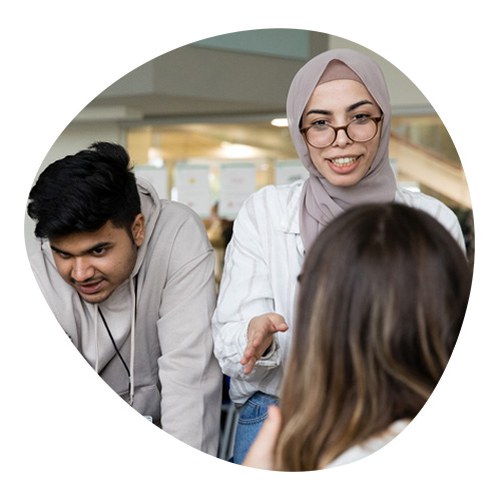Teaching Italian as a Foreign Language in Multilingual Contexts
A multidisciplinary programme for those who wish to teach Italian as a foreign language and develop intercultural mediation skills, building bridges between languages, people, and cultures in multilingual settings.
The programme combines theoretical foundations with practical training to prepare you to teach Italian language and culture effectively. As part of the curriculum, you will study two additional foreign languages, either European or non-European, helping you develop a broader linguistic and cultural understanding. You will also acquire the tools needed to facilitate intercultural communication and address the challenges of increasingly diverse societies. From the first year, you will have the opportunity to undertake internships and apply your knowledge in professional settings.
